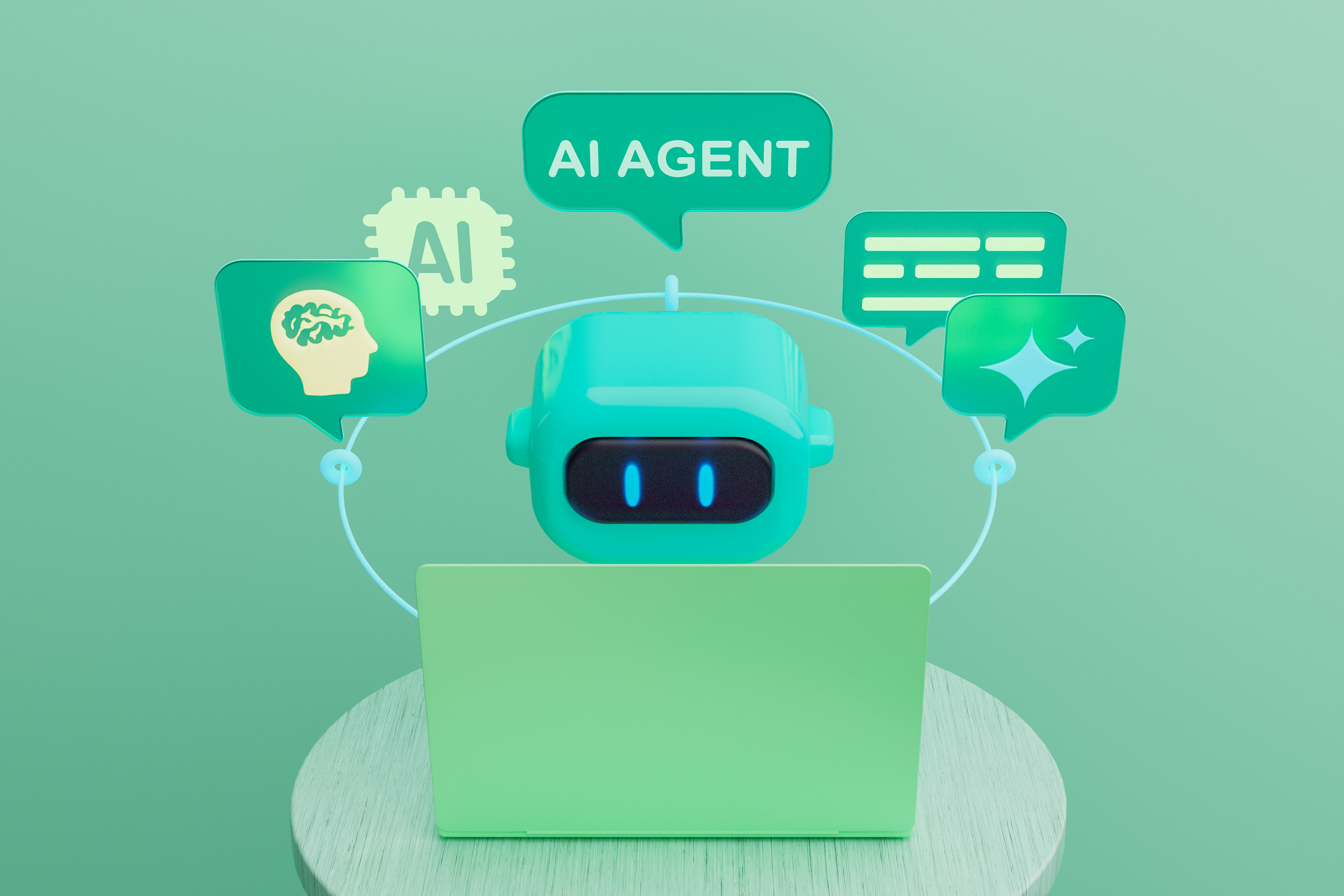Imagine a self-driving car on a long, complex road trip. Instead of just following GPS directions, this self-driving car can analyze traffic patterns, adjust routes in real time, and even decide when to stop for fuel without needing constant input. It anticipates obstacles, makes split-second decisions based on evolving conditions, and ensures the journey is efficient and safe, allowing the driver to focus on the destination rather than every turn.
Now imagine that this self-driving car is artificial intelligence (AI). Not the AI we already know of which could accurately follow the GPS directions. Meet Agentic AI.
What is Agentic AI and what does it mean for busy CXOs?
This emerging form of AI can autonomously manage complex business operations, adapting to changing market conditions, customer needs, or internal dynamics without needing constant oversight. It can enable busy CXOs and leadership to shift attention from constant operational follow-ups and to focus on the big-picture strategy.
The Rise of Agentic AI
The emergence of Agentic AI marks a turning point in AI, introducing systems that possess enhanced autonomy, decision-making, and adaptability. Unlike traditional AI, which relies on predefined rules and limited flexibility, Agentic AI can interpret complex environments, adjust strategies dynamically, and learn from real-time experiences, making it ideal for industries that require sophisticated decision-making and rapid adaptation.
Agentic AI is revolutionizing various sectors, from sales and marketing to cybersecurity and infrastructure, by delivering more precise, context-aware solutions.

Use Cases of Agentic AI in Business
The power of Agentic AI seems immense. Real outcomes from its implementation depends on the right identification of use cases that really need its application.
Here are some of its applications across sectors:
Retail Store Optimization: From grocery stores to high-end fashion, Agentic AI can transform intelligent store layouts, product placement, and display designs, driving sales and customer satisfaction.
New Product Creation: Such AI systems can manage extensive product lines and adapt quickly to market trends, which is essential for fast-paced industries like fashion and electronics.
Inbound Shipment Handling: Automating stock management and shipment processing improves efficiency and reduces downtime, as seen in Zara's AI-driven supply chain, where real-time demand forecasting has made them a leader in retail innovation.
Underwriting & Risk Assessment: Agentic AI can automate the process of risk evaluation, enabling faster and more accurate underwriting.
Claims Processing: AI agents can autonomously review claims, allowing human experts to focus on more complex cases. A Dutch insurer, for example, automates 90% of automobile claims, streamlining operations.
Customer Service & Document Handling: From personalized messages to automating document extraction, AI enhances customer interactions while reducing manual workload.
Fraud Detection: By analyzing claims data for irregular trends, AI can detect potential fraud, helping insurers manage risk more effectively.
This will be integrated across business domains, not just across sectors. In fact, Gartner estimates that by 2025, 75% of B2B sales teams will employ AI agents to boost productivity. Not just sales, customer services, marketing, and risk but other domains will also experiment with more real-life use cases of Agentic AI.

The Bottom Line: Agentic AI’s Impact on the CXO Agenda
For forward-thinking CXOs, adopting Agentic AI is no longer optional but essential. Its ability to act independently, learn from the environment, and continuously improve means businesses can unlock unparalleled efficiencies, productivity, and innovation. As AI technology evolves, the companies that leverage Agentic AI will not only enhance their operational capabilities but also lead the charge in shaping the future of intelligent enterprise.
However, another equally important area that is currently gaining momentum is Responsible AI. It ensures that we are not unleashing the power of such emergent and contextual AI without being aware of the possible pitfalls. Any design and implementation of Agentic AI, we believe, should keep Responsible AI as its mirror image.
The right combination of both has the power to build intelligent automation and personalization for business, at a hyperscale and speed that we have not experienced, so far.